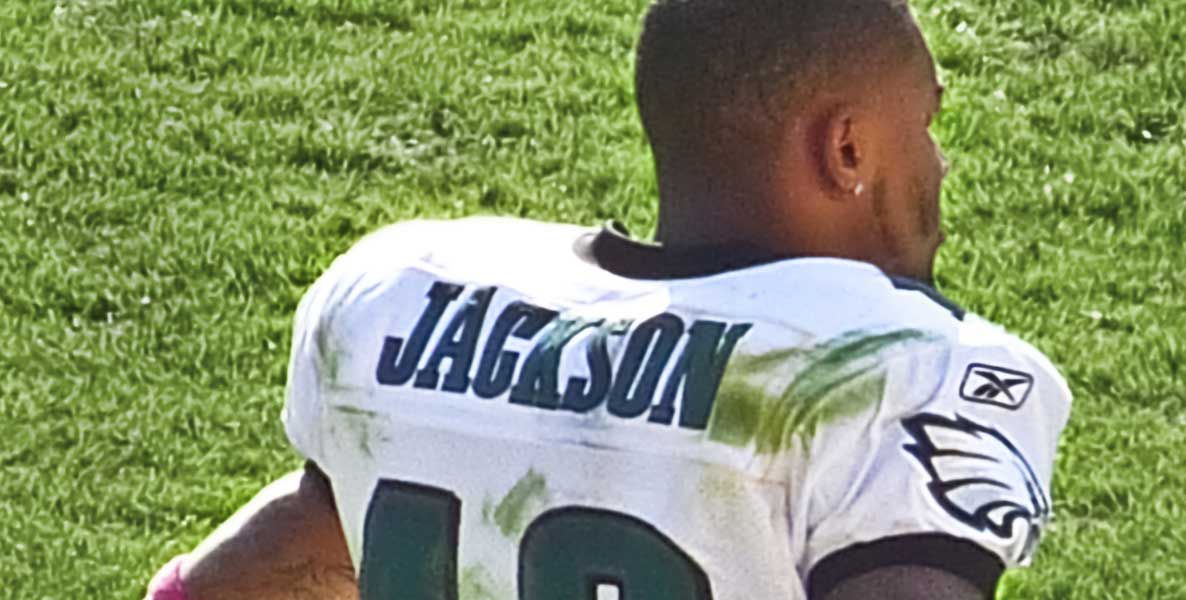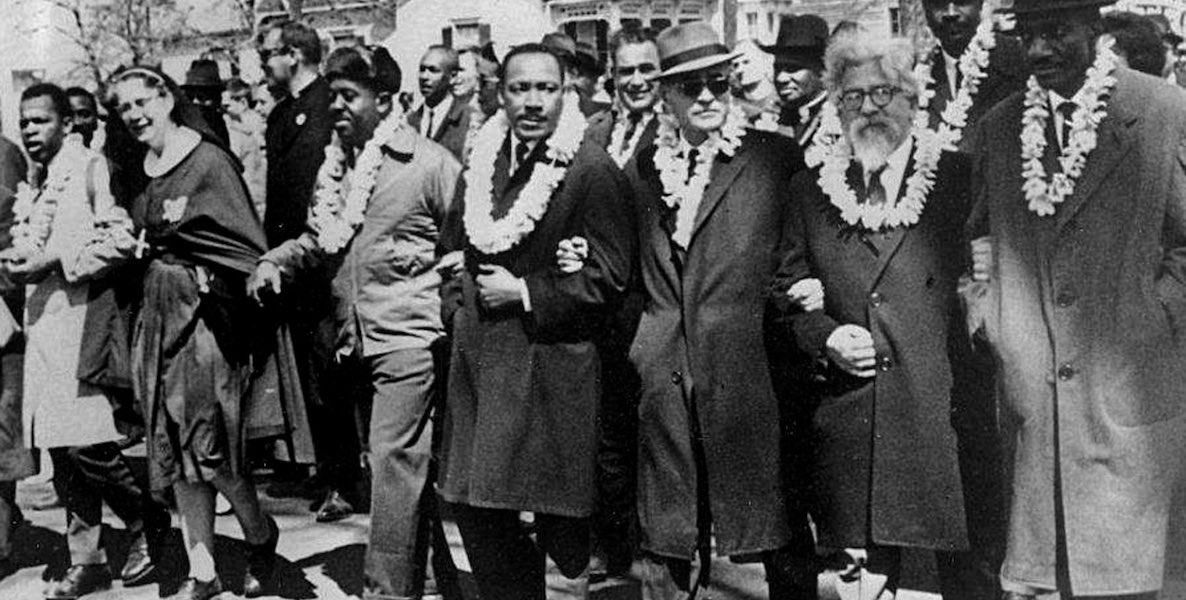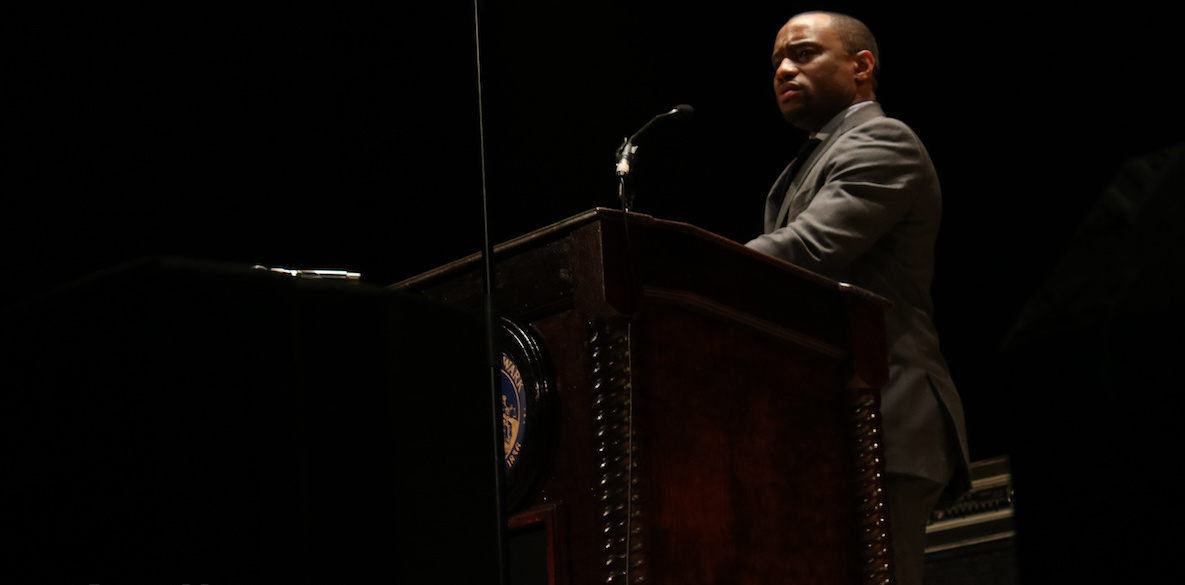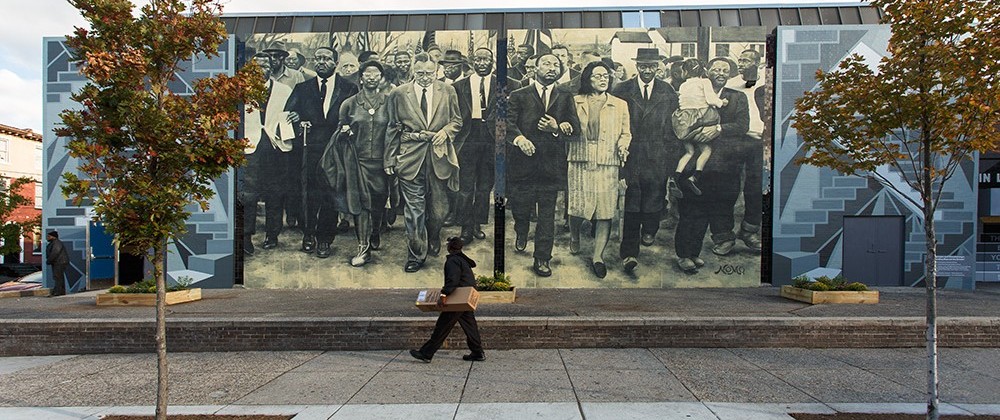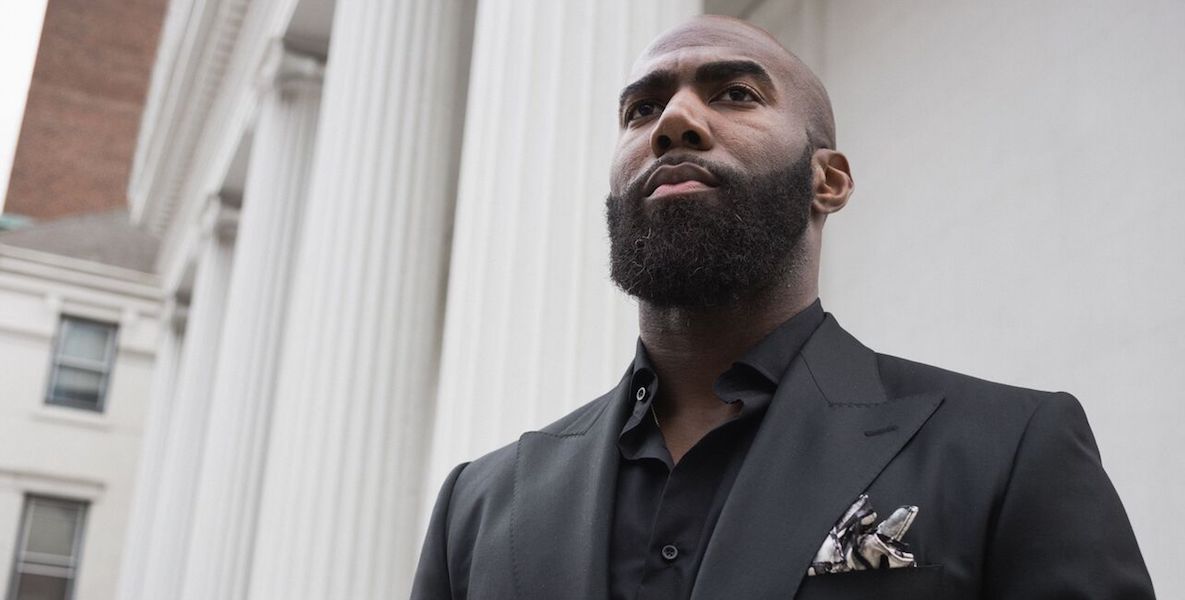Dear Malcolm,
![]() As a Jewish American, a social justice advocate and a lifelong Eagles fan, the past week has been incredibly difficult.
As a Jewish American, a social justice advocate and a lifelong Eagles fan, the past week has been incredibly difficult.
First, DeSean Jackson made his infamous Instagram posts promulgating anti-Semitic conspiracy theories. Though these comments elicited some responses and outrage from the sports community, only a few of the responses came from pro athletes themselves—particularly from Black pro athletes.
Two of the Black athletes who did speak up: Former NBA player Stephen Jackson and current Eagle Malik Jackson actually defended DeSean’s comments and caused further harm to the Jewish community. Then you—one of the NFL’s foremost voices on issues of racial justice—posted a response on your Instagram feed.
Of those mentioned above, Malcolm, your words were by far the least negative, and the least rooted in anti-Semitic conspiracy theories … yet somehow, your words hurt me the most.
In the video you shared, you said: “We gotta stay focused. All of this back-and-forth that’s going on right now is a distraction. Comments were made, and they were wrong. Allow those who were impacted by it to voice their grievances. But we gotta stay focused, because Breonna Taylor’s killers are still not arrested. We’re still fighting for justice. We’ve got a lot of work to do, and this ain’t it. Stay focused.”
View this post on Instagram
And the caption that accompanied the video read: “We can honor the Jewish heritage and trauma while staying focused on what matters. Jewish people aren’t our problem, and we aren’t their problem. Let’s not lose focus on what the problem truly is, and that’s that black lives still don’t matter in this country. Push this energy toward arresting and convicting the killers of Breonna Taylor and burning systemic racism to the ground. ✊🏿”
It is difficult for me to express the feelings I had after seeing this post. As someone who cares very deeply about advocating for equity and justice—especially for Black Americans—this felt like a slap in the face.
I respect you, Malcolm, as one of the NFL’s leaders in the fight against injustice, and here you were, saying that these anti-Semitic remarks and the discussion they provoked were “a distraction.”
![]() It was hurtful to read that “Jewish people aren’t our problem,” and although some have pointed out that you may have meant to say, “Jewish people aren’t our enemy,” it was at best a poor choice of words—and it still fell far short.
It was hurtful to read that “Jewish people aren’t our problem,” and although some have pointed out that you may have meant to say, “Jewish people aren’t our enemy,” it was at best a poor choice of words—and it still fell far short.
Malcolm, this isn’t just about whether Jews are your “problem” or “enemy.” My issue with what you said is the notion that this isn’t important. That anti-Semitism isn’t worth spending time discussing or combatting. That Jews don’t really matter.
The bigger picture
There’s something going on here that’s much bigger than what DeSean, Stephen Malik or you said. The global history of anti-Semitism is long and complex, and the intersection of American-Jewish identity and whiteness is complicated, as well.
We can’t even begin to unpack this stuff in one article, but suffice it to say that this goes far beyond, “Comments were made. And they were wrong.” We need to make sure people learn why these comments were wrong, and the very real harm that stereotypes and conspiracy theories about Jews can cause.
Jews are often lumped in with the rest of White America, and the common perception is that anti-Semitism isn’t that much of a “thing” anymore.
Malcolm, this isn’t just about whether Jews are your “problem” or “enemy.” My issue is the notion that this isn’t important. That anti-Semitism isn’t worth spending time discussing or combatting. That Jews don’t really matter.
It feels similar to the racism experienced by Asian-Americans: Because we’re members of groups that are generally perceived as doing “well” in society, the discrimination we face is deemed less important than the discrimination experienced by other groups. (Imagine, for example, if your words had referred to members of the Latinx or LGBTQ communities instead of Jews. The reaction would have been much different.)
![]() In his compelling article responding to this controversy, Jewish sportswriter and author Mitch Albom talks about anti-Semitism in the past and present, and why this does matter:
In his compelling article responding to this controversy, Jewish sportswriter and author Mitch Albom talks about anti-Semitism in the past and present, and why this does matter:
“Statistics show anti-Semitism is at near historic levels,” Albom writes. “So when Stephen Jackson says, ‘I don’t know nothing about Hitler and I could give a [expletive] about Hitler,’ he needs to understand: That is hate speech to a Jewish person.”
By and large, Americans do not understand anti-Semitism—or even Judaism, for that matter. We live in a predominantly Christian country where many people have never even met a Jewish person. We make up only about two percent of the U.S. population.
Granted, the Jewish experience in America is drastically different from the Black experience. Because most American Jews are White (or at least pass for White), we have access to privileges that People of Color and other underrepresented groups do not. The pain and the systemic oppression that Black Americans face are without a doubt more severe than the discrimination faced by Jewish Americans. Those are facts.
Still, this incident is a major opportunity for the country to acknowledge Jewish pain and confront anti-Semitism. As Jews in America, we almost never get chances like this. Rather than calling these incidents distractions, we need people like you, Malcolm, to stand with us and amplify our voice.
A call for unity
Malcolm, I understand why you want people to “stay focused.” Please believe that I get how critical this moment is for the Black Lives Matter movement, how fleeting opportunities for true systemic change can be in America, and why you don’t want anything to jeopardize this incredible momentum the movement has generated.
I want people to stay focused on these issues, too. We cannot squander this unprecedented chance to create meaningful, lasting reform. You are right to want to keep people motivated.
But to cite the oft-memed social justice quote: “Equal rights for others does not mean less rights for you. It’s not pie.” The same is true for condemnation of hate speech and education about harmful stereotypes: It’s not pie.
It’s not too late to take this ugly situation and turn it into something beautiful and impactful. Rather than detracting from the fight for justice and equity in America, this is a chance to increase unity and build an even stronger movement—together.
Speaking out against anti-Semitism won’t take away from the goals you’re pursuing—it will in fact augment your efforts because it will bring more people to your cause and demonstrate that the fight for racial equity is truly about liberty and justice for all.
This is a two-way street, of course; Jews must do better, too. There is anti-Semitism in the Black community, and there is racism in the Jewish community. Far too many Jews stay silent and are either unconsciously or willfully complicit in the continuation of systemic racism and white supremacy in America. That needs to change.
Many Jews know this famous quote by Martin Niemöller, who lived in Nazi Germany:
First they came for the socialists, and I did not speak out—because I was not a socialist.
Then they came for the trade unionists, and I did not speak out—because I was not a trade unionist.
Then they came for the Jews, and I did not speak out—because I was not a Jew.
Then they came for me—and there was no one left to speak for me.
It isn’t enough to say that we are not each other’s enemies. We must speak out on each other’s behalf.
We need more leaders in the Black community to gain a better understanding of anti-Semitism, and to use their platform to educate others on these issues. We need more players to speak out the way the Steelers’ Zach Banner and Cam Heyward did.
We also need more leaders in the Jewish community to take an active role in dismantling systemic injustice, to stand up for Black lives and use the privileges we have in this society for good. We need more Jewish anti-racists.
It’s not too late to take this ugly situation and turn it into something beautiful and impactful. Rather than detracting from the fight for justice and equity in America, this is a chance to increase unity and build an even stronger movement—together.
Let’s stay focused on that.
A Philadelphia native, Sam Rosenthal has written about sports, politics, travel and life for a variety of publications. He currently is a Content Strategist for Clio, and is at work on his debut novel. Follow him on Twitter at @SamRoseWrites.



